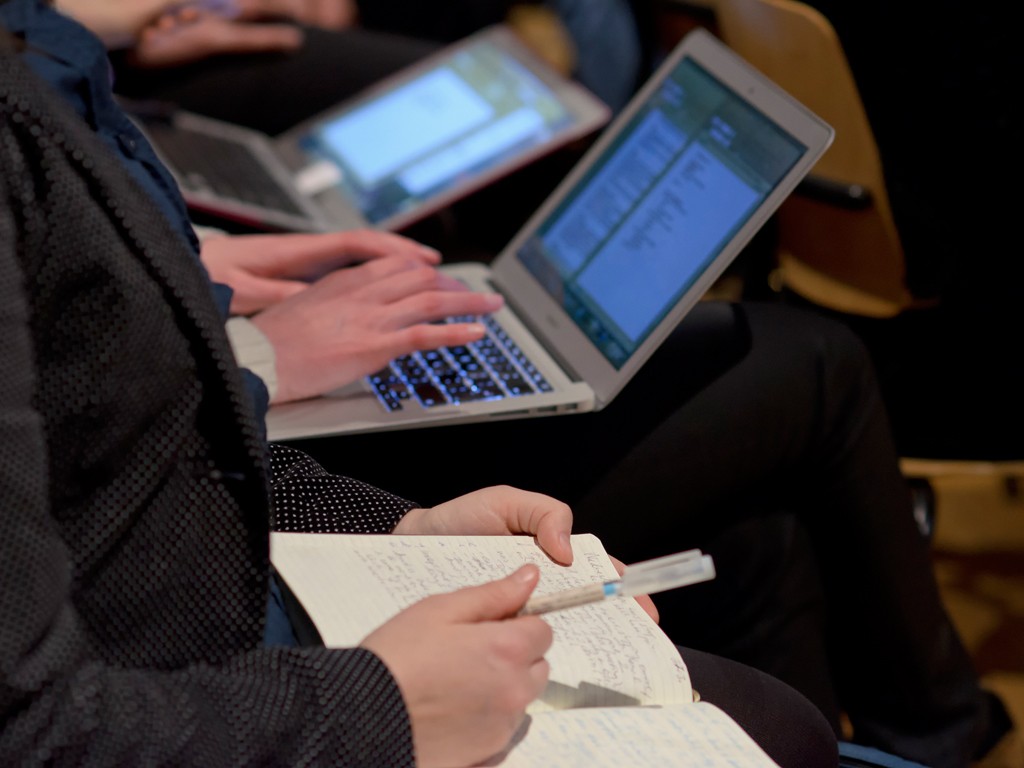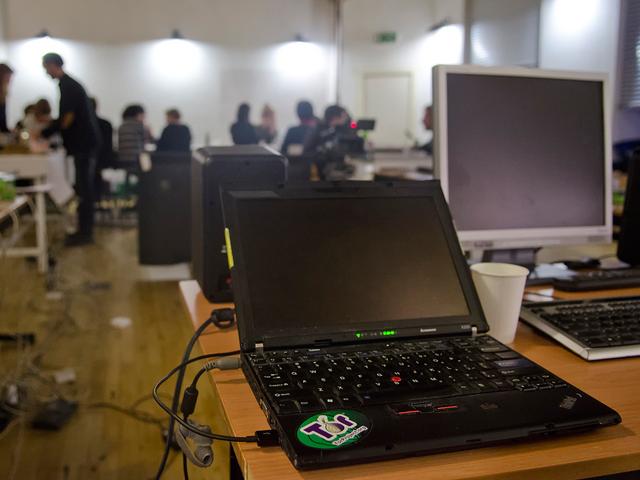Forms of Today's Futures was a programme series organized by anthropologist Dorien Zandbergen, Netwerk Democratie, Veenfabriek and Waag. In this series we explored the power structures of our current information society, involving a diverse audience in the search for the possibilities and impossibilities of democracy and participation herein. The series consisted of discussions, hands-on workshops, theatrical interventions and visual explorations.
Power and Disempowerment
Due to technological, economic, political and environmental developments, the current moment is often characterized as one in which power relations are radically shifting. Yet, two visions regarding the exact nature of this shift are at odds with each other.
According to the one vision, we witness a shift towards increasing citizen empowerment: technology helps citizens to influence and understand their environment, for example by means of 3D printers or interactive programs for political debate. These technologies, it is hoped, enable a decentralized, democratic and self-organizing society.
The other vision yet emphasizes the disempowering tendencies of technology for citizens today. This disempowerment lies for instance in the fact that digital identities are in the hands of international companies and governments that are uncontrollable and unaccountable. Or in the fact that face recognition software, iris scans and automated border controls increasingly determine for us who is in, and who is out.
Three programs
How do these visions relate to one another? How can we visualize and locate power in our information society? What are the kinds of choices that must be made if we want to keep an optimistic perspective on our contemporary information society? These questions were central to the three programmes of Forms of Today's Futures, each addressing one contemporary democratic ideal:
- Decentralize!
It is a widely held ideal that the internet, as a decentralized network, enables a society in which power is distributed in a decentralized way. Yet, to what extent is this the case? To what extent has our ‘network society’ really replaced ‘old’ hierarchies? Are we at all able to discuss this if we do not fully understand the technologies and political institutions of today?
- Participate!
This program focused on the ideal of a future society that is actively shaped by all citizens in an equal way. Notions such as ‘active citizenship’ and the emergence of 'Fablabs', 'hackerspaces' and other 'Do It Yourself' initiatives point to such a future. Yet, the reality of economic crises, international conflicts, the growing complexity of technology and the increasing gap between computer literates and illiterates point to quite a different future. How do advocates of a participatory future society relate to this other future scenario?
- Inform!
This program focused on two main contradictions implicit in the notion that we live in an ‘information’ society:
Information as resource
For governments, corporations and futurists, the future of our information society is an immaterial one: industrial labor changes into ‘creative work’, office desks make place for flexible work places, and food does not need to come from the land but can be synthesized from molecules. Yet, of course, the resources for our ICT’s come from mines and are put together in factories by people who can’t easily participate in the so-called ‘creative industry’. How does the cybernetic ideal of dematerialization relate to this material reality?
Information as knowledge
The information society, according to many, is a smart society: through ‘citizen science’ projects, wikipedia and online education, citizens gain more and more access to the means and insights of science and journalism. This development is paired with the fact that no-one can legitimately claim to own the truth, that it becomes increasingly difficult to check the reliance of information and it gets harder to transform all the available information into ‘knowledge’. How does the dream of the smart ‘citizen scientist’ relate to this nightmare of the citizen plagued by permanent confusion and information overload?
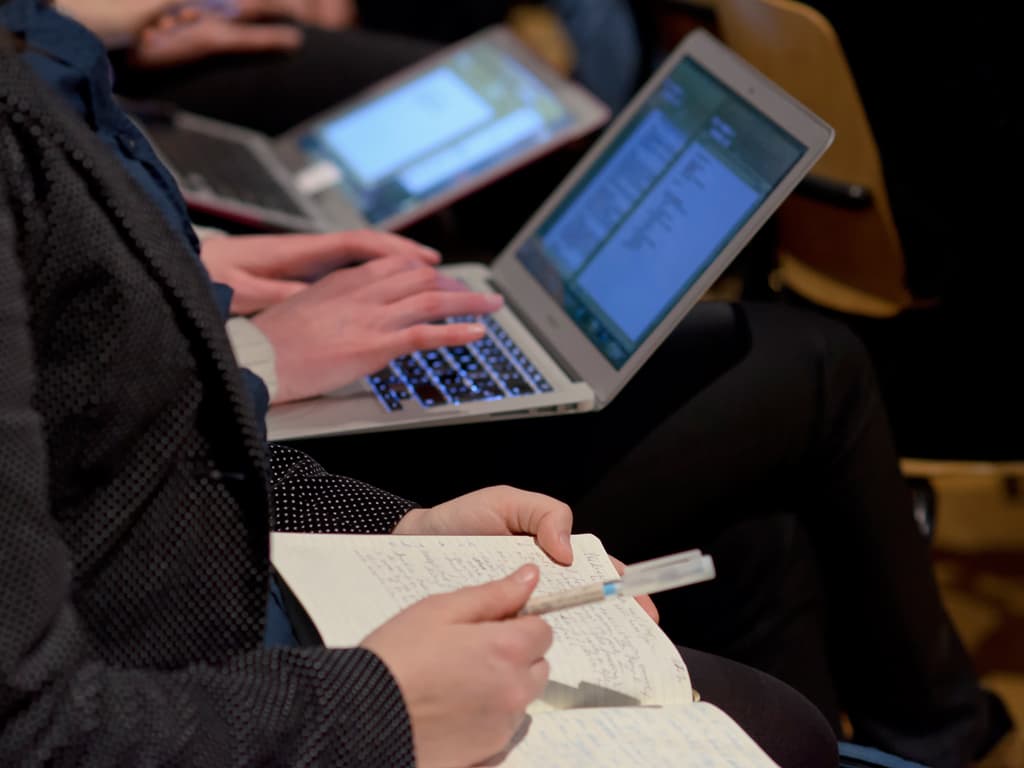
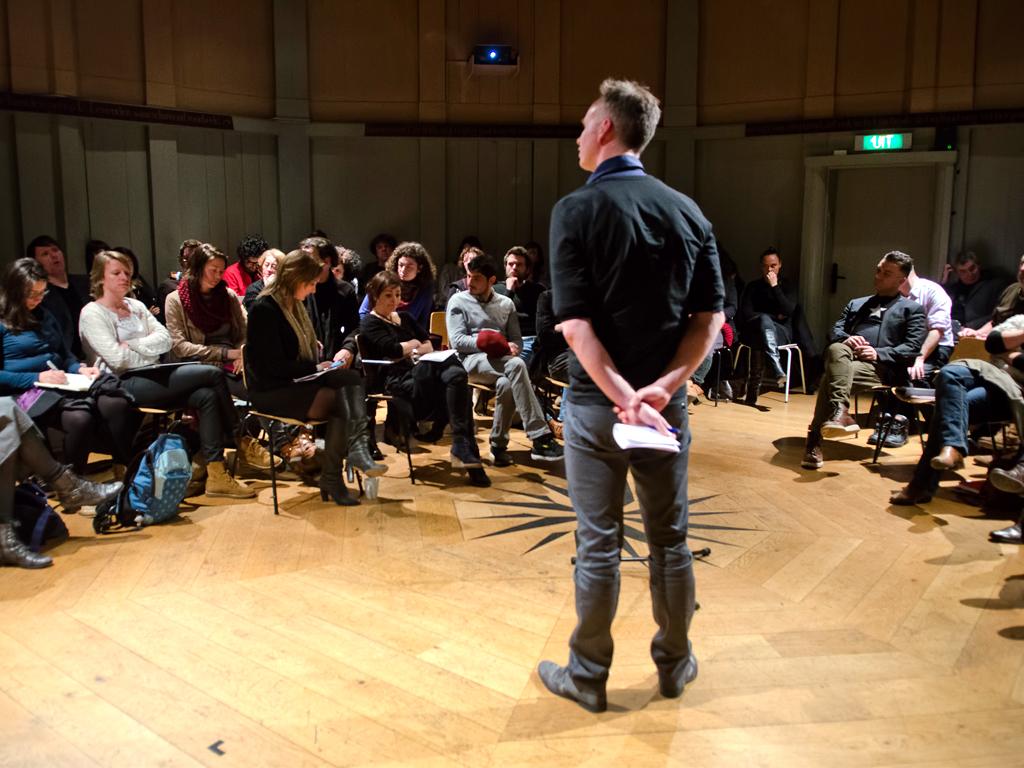
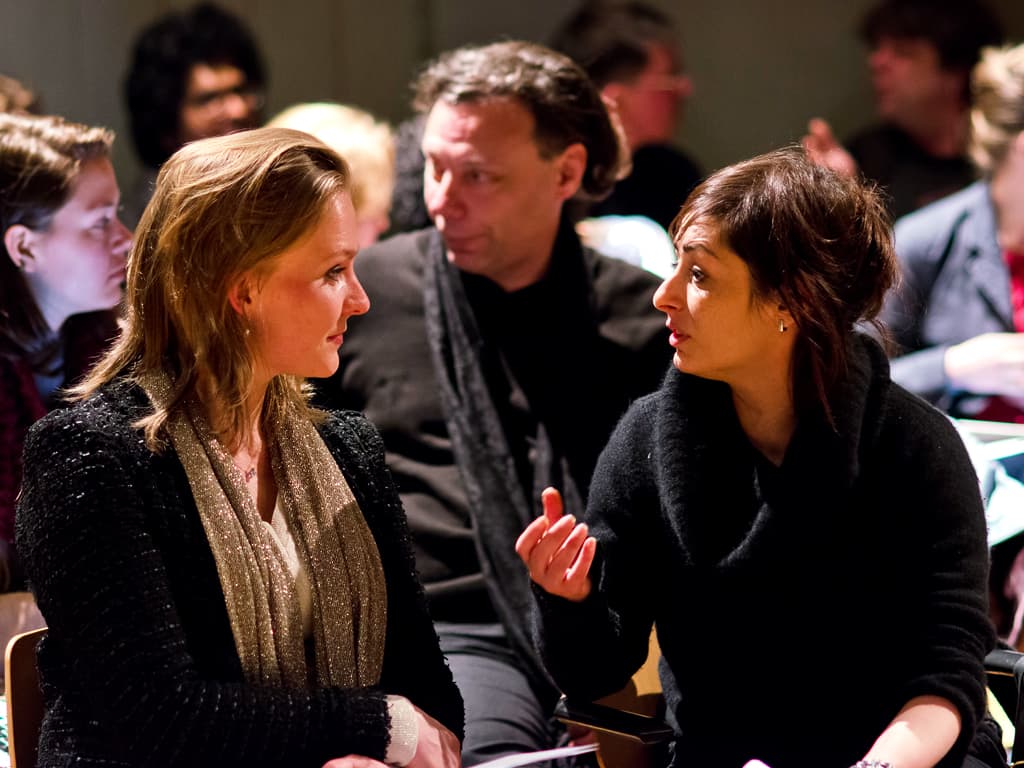
Meta data
Project duration
Partners
- Netwerk Democratie
- Dorien Zandbergen
- Veenfabriek
